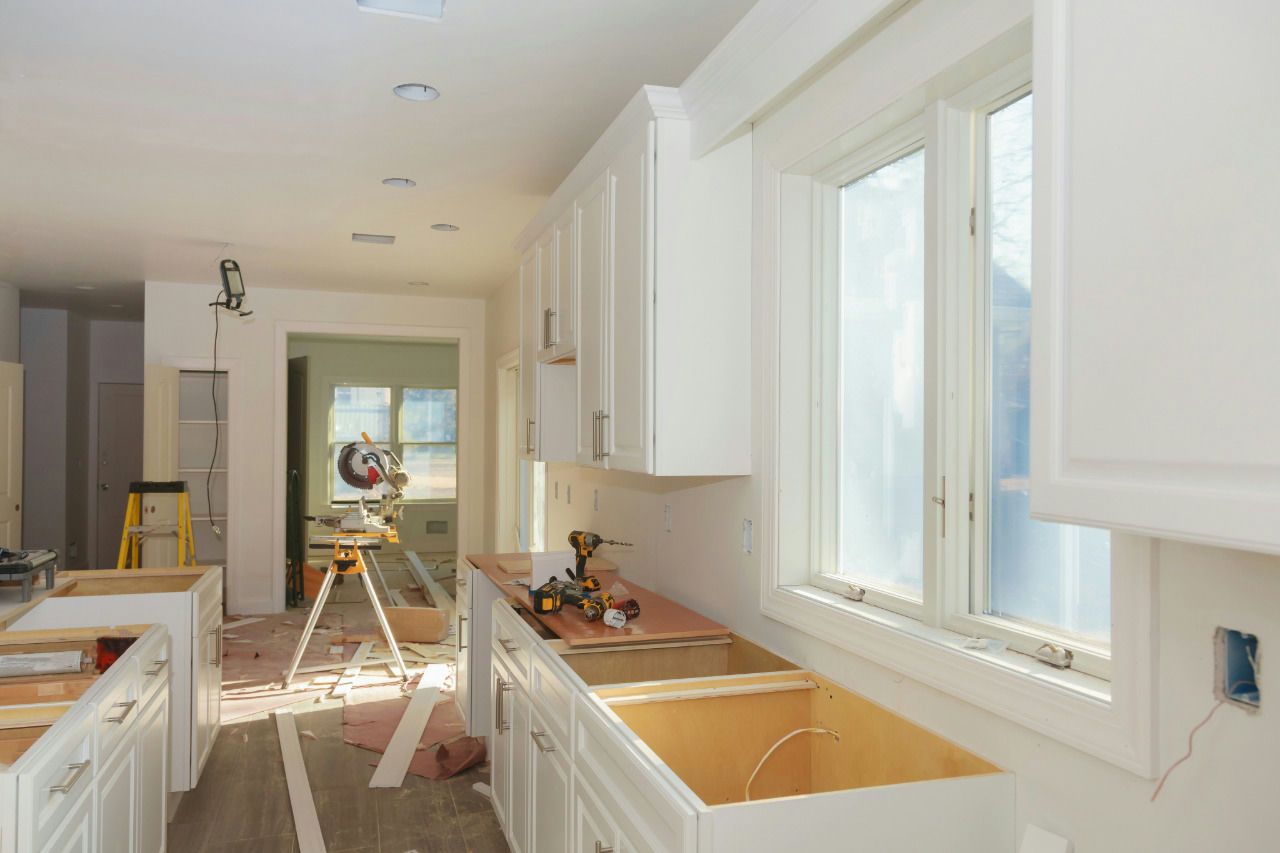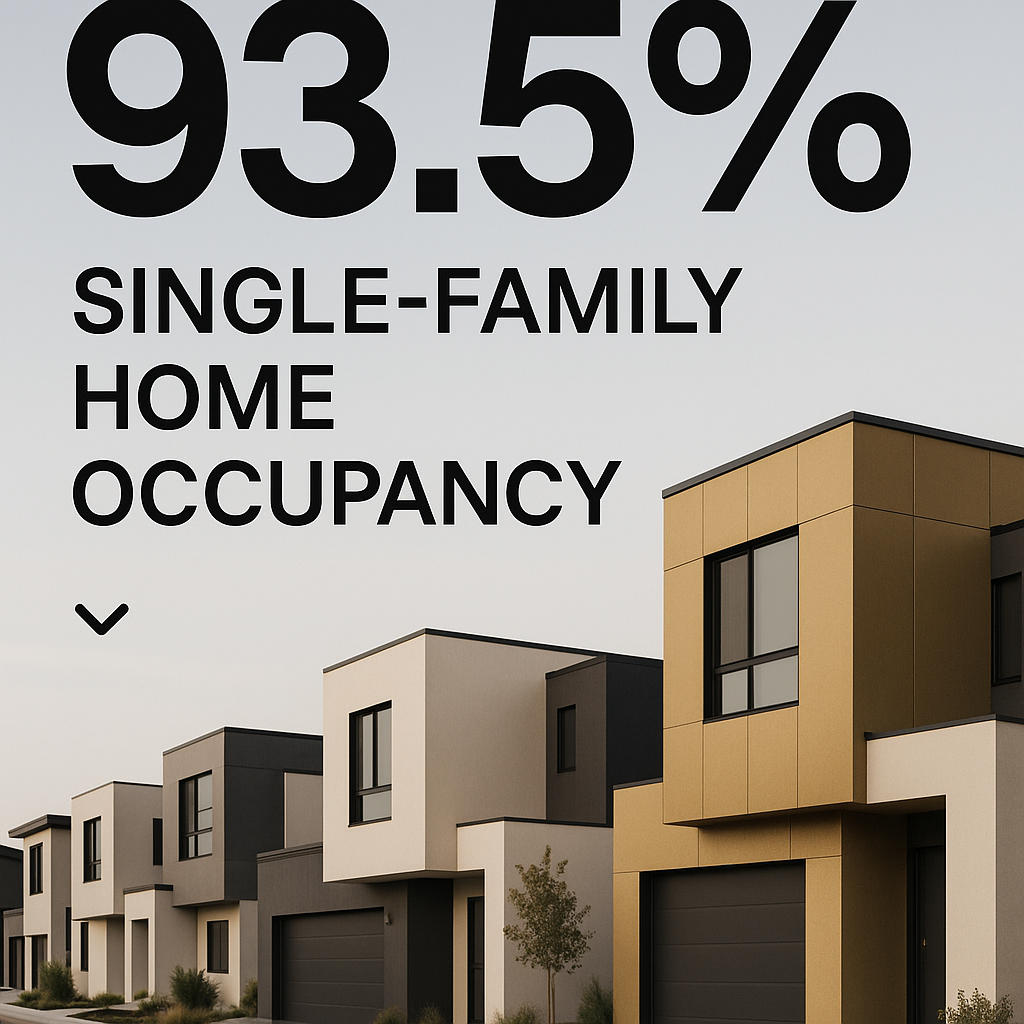When it comes to paying off your mortgage, there’s a surprisingly simple yet powerful strategy that could help you save a substantial amount of money and achieve the freedom of being mortgage-free sooner with bi-weekly mortgage payments. The concept may sound complicated or intimidating at first, but in reality, it’s a straightforward and intelligent financial move that holds the potential to drastically reshape your long-term financial picture.
Bi-weekly mortgage payments operate on the premise of splitting your regular monthly mortgage payment into two smaller parts. Instead of paying your mortgage 12 times a year, you make payments 26 times a year. While this might seem like a small adjustment, the impact can be significant. The magic of this approach lies in the fact that you end up making an equivalent of one extra full mortgage payment each year. This additional payment chips away at the principal, enabling you to clear your mortgage earlier and save on the accrued interest.
Let’s delve deeper into the transformative benefits of adopting a bi-weekly mortgage payment plan, the considerations to bear in mind, and how to navigate the process for maximum gains. We’ll break it down for you, illuminating the powerful potential of this strategy and providing you with the insights you need to make informed decisions about your mortgage payment strategy. After all, knowledge is power, and with the right information, you could be well on your way to unlocking a new level of financial freedom and security.
What are Bi-Weekly Mortgage Payments?
Bi-weekly mortgage payments are a strategic payment plan where instead of making your full mortgage payment once a month, you make half of that payment every two weeks. It’s essential to grasp the significance of this slight tweak in the payment schedule and its profound impact on your financial obligations.
The typical year has 52 weeks, meaning that if you make a mortgage payment every two weeks, you will make a total of 26 half-payments, or 13 full payments in a year. In other words, you’re effectively making an extra payment each year compared to the traditional 12 payments associated with the monthly plan.
The brilliance of this strategy lies in the fact that the extra payment is applied directly to the principal balance of your loan. To appreciate why this is crucial, it’s important to understand the structure of a mortgage payment. Each mortgage payment is divided into two parts: a portion that goes toward paying off your principal, or the amount you borrowed, and a portion that goes toward paying off the interest, or the cost of borrowing.
At the beginning of your mortgage term, a large part of your payment goes toward interest, and a smaller part goes toward your principal. However, as you keep making payments and reducing the principal, the interest component decreases, and a larger portion of your payment goes towards the principal.
By making an extra payment each year and applying it to the principal, you reduce the overall loan amount faster, decrease the interest charged on that principal, and shorten the overall term of your loan. This is the essence and the power of bi-weekly mortgage payments, a seemingly small shift that can create a significant ripple effect on your mortgage repayment journey.
Why Choose Bi-Weekly Mortgage Payments?
Faster Mortgage Payoff
The primary advantage of bi-weekly mortgage payments is that they can help you pay off your mortgage years ahead of schedule. By making an additional mortgage payment each year, you’re reducing the principal balance of your loan more quickly. This means that with every subsequent payment, a higher proportion is applied to the principal and less to interest, ultimately shortening the life of the loan.
Interest Savings
By accelerating the repayment of your principal balance, you also save on interest costs. Over the life of a 30-year loan, this can result in substantial savings. Many homeowners are surprised to find out how much they can save on interest alone by switching to a bi-weekly payment schedule.
Budgeting Benefits
Bi-weekly mortgage payments can also help with budgeting. If you receive a paycheck every two weeks, it can be easier to manage making half a mortgage payment every two weeks rather than one large payment once a month. This allows for more evenly distributed financial pressure throughout the month.
Building Equity Faster
Equity is the portion of your home that you truly own, as opposed to what you owe to your lender. Bi-weekly payments help build equity in your home at a faster rate. This can be beneficial if you need to access home equity in the future, for instance, through a home equity loan or a home equity line of credit.
Things to Consider Before Opting for Bi-Weekly Payments
While the benefits of bi-weekly mortgage payments are evident and appealing, like any financial strategy, it’s not a one-size-fits-all solution. Before you decide to switch to this payment plan, it’s crucial to carefully consider several factors to ensure it aligns with your financial circumstances and goals. Remember, the optimal payment plan is the one that suits your unique needs and supports your financial wellbeing.
Navigating the financial landscape can be complex, and mortgage payments are no exception. Every choice comes with its own set of considerations, advantages, and potential downsides. While a bi-weekly mortgage plan can be a game-changer for many homeowners, it’s essential to fully understand what the switch entails.
This section will explore some of the critical aspects you should consider before making the transition to bi-weekly payments. From potential service fees to flexibility and automated payments, we’ll provide a comprehensive overview to help you make an informed decision. By taking into account these key factors, you’ll be better equipped to determine whether the benefits of bi-weekly mortgage payments will indeed serve your financial goals effectively and efficiently.
Service Fees
Some lenders may charge a setup fee or transaction fees for bi-weekly payments, which could negate some of the savings. Make sure to check with your lender about any fees associated with bi-weekly payments.
Flexibility
While bi-weekly payments can help save money in the long run, they may reduce flexibility in the short term. If your income varies month-to-month, it might be more difficult to manage bi-weekly payments.
Automated Payments
To reap the benefits of bi-weekly payments, you must ensure that the extra payment goes towards your principal. Some lenders may hold the extra payment until the end of the year, which doesn’t accelerate your mortgage payoff. Setting up automated payments with your lender can ensure that extra payments are applied correctly.
Final Thoughts
Choosing to make bi-weekly mortgage payments can be a strategic move towards financial freedom. However, it’s crucial to understand the benefits and implications before making this decision. By considering your financial situation and discussing it with your lender, you can decide whether bi-weekly payments are the right choice for you. Remember, every bit of effort you put towards paying off your mortgage early brings you one step closer to owning your home outright and achieving financial security.
By exploring strategies like bi-weekly mortgage payments, you’re taking proactive steps towards your financial future. However, it’s just one of many strategies that can help homeowners manage their mortgage payments and potentially save money over the life of their loan. It’s always recommended to do your research, consult with a financial advisor, and make the best decision for your personal financial situation.









